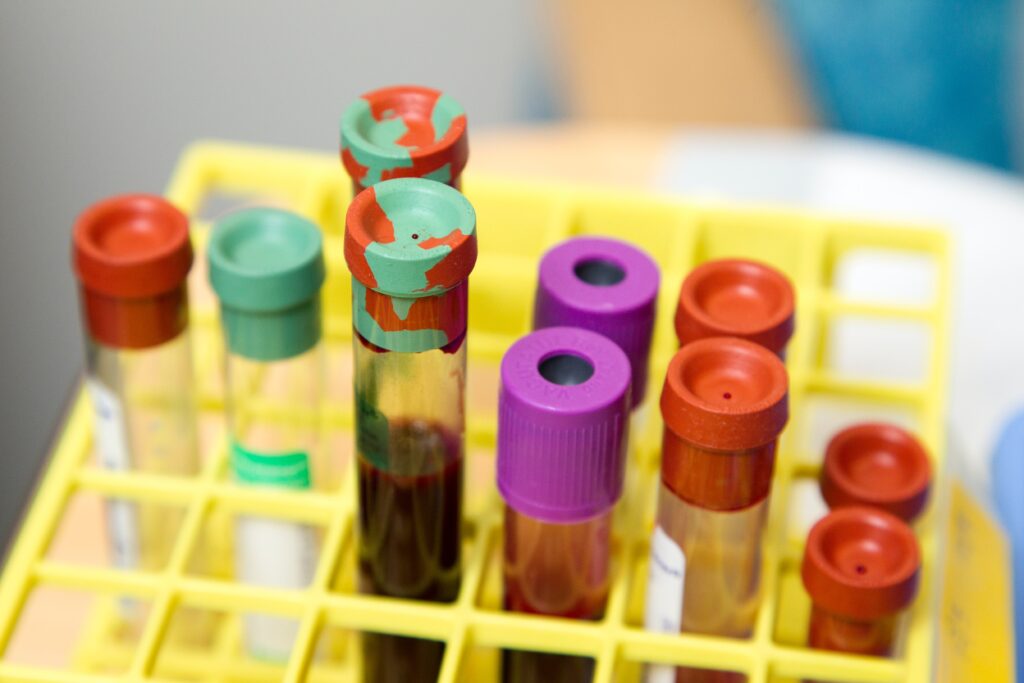Benefits of Functional Lab Tests – Journey of Wellness Natural Medicine Center
Most of us are familiar with standard blood tests that can indicate whether we are at risk of contracting a particular disease or have been infected with a particular virus. The results of these standard blood tests often leave patients with more questions than answers, as they don’t reveal why a person might be susceptible to that condition, and only provide a snapshot in time.
Functional lab testing, also referred to as function blood testing or a functional blood test, goes deeper into our individual health by measuring the activity of different organs and systems in the body. This blog explains what functional lab tests are, and their benefits.
What is Functional Lab Testing?
Functional lab testing focuses on identifying the underlying causes of chronic illnesses and not just treating the symptoms. This type of test looks at both nutritional and environmental factors to determine why someone may be experiencing a particular symptom or set of symptoms instead of only looking at what’s happening currently with their body. This is the best way to get to the root of the issue. It can also be performed as a function lab test to provide a more targeted understanding of internal health.
The Benefits of Functional Lab Testing
Comprehensive physical assessment
Functional lab tests are objective, which means that they evaluate how your body is functioning and what it’s doing at a cellular level. This kind of evaluation allows for a more comprehensive physical assessment than the standard blood test or function blood testing. It can tell you what’s happening inside your body and provide insights into how best to support yourself in health and disease prevention.
Personalized based on your lifestyle
The lab tests measure things like gastrointestinal factors, neurotransmitter levels, hormone balance and more — all of which can be affected by factors like diet, toxic exposure, or even stress. In general terms, functional lab testing works to determine biological markers for disease risk factors, provide information about nutrient deficiencies or excesses, assess liver function and identify food sensitivities. These details can also be revealed through a functional blood test for enhanced precision.
Cost effective and preventative
Paying for functional lab testing only once can save money over time because it helps you avoid expensive doctor visits and medication costs by identifying problems early on before they become serious issues that require expensive treatment options. Functional labs allow you to see how well your body is functioning on a cellular level, rather than just looking at what may be wrong with you now. This will often lead to earlier detection and sometimes more minimal efforts needed to correct the problem.
Evaluates system organ functions
Functional lab tests evaluate organ system function by analyzing various markers in the blood, urine, saliva and fecal matter. These markers indicate how well an organ system is functioning at any given time. When an organ system is not working properly, it will produce too few or too many cellular markers that will indicate a local or systemic dysfunction. This can help doctors determine what type of therapies would work best for each patient based on their specific cellular needs.
Functional lab tests are a useful way to track your overall health. Keep these benefits in mind when you are considering investing in a functional lab test, function lab test, or functional blood test, and how it will allow you to evaluate your body and focus on the root cause or preventing problems in the future.
Find out more about our services here, and don’t forget to follow us on social media!

